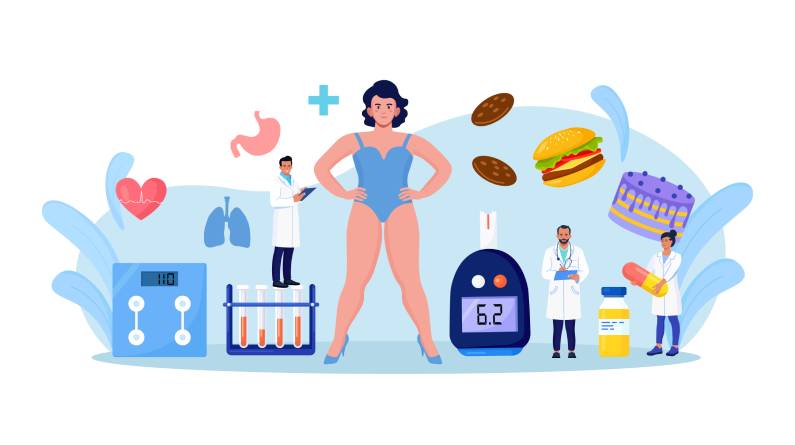The Importance of Fats in Our Diet
Fats are a crucial part of our daily food intake, providing both functionality and flavor. While our bodies need fat to function properly, it’s essential to consume it in limited quantities and choose the right type. In this article, we’ll explore the different roles of fats in our bodies and why they’re essential for our overall health.
Why Do We Need Fats?
1. Energy Source: Fats provide energy for physical activities. During exercise, our bodies initially use carbohydrates for energy, but after about 20 minutes, they start breaking down fat for energy.
2. Cell Membrane Structure: Fats are a crucial component of cell membranes, which regulate the flow of substances in and out of cells. Different types of fats provide flexibility and stiffness to these membranes.
3. Transporting Vitamins: Fats help absorb fat-soluble vitamins (A, D, E, and K) into the bloodstream. Consuming these vitamins with the right type of fatty foods ensures proper absorption.
4. Healing Functions: Polyunsaturated fatty acids, such as linoleic acid (LA) and alpha-linolenic acid (ALA), are essential for healing functions, including blood clotting and wound healing.
5. Cholesterol: Cholesterol is a vital component of cell membranes, providing fluidity and allowing nutrients to enter cells. It’s also necessary for the synthesis of vitamin D, adrenal, and sex steroid hormones.
Types of Fats
1. Saturated Fats: Found in animal products, such as meat, dairy, and eggs, saturated fats are essential for brain function and hormone production.
2. Monounsaturated Fats: Found in avocados, nuts, and olive oil, monounsaturated fats help lower cholesterol levels and reduce inflammation.
3. Polyunsaturated Fats: Found in fatty fish, flaxseeds, and chia seeds, polyunsaturated fats are essential for heart health and brain function.
Dietary Recommendations
1. Consume Fats in Moderation: Limit daily fat intake to 20-35% of total calories.
2. Choose Healthy Fats: Focus on unsaturated fats, such as monounsaturated and polyunsaturated fats.
3. Avoid Excessive Saturated Fats: Limit intake of saturated fats, especially from processed and fried foods.
Conclusion
Fats are essential nutrients that play a vital role in our bodies. While it’s crucial to consume fats in moderation, choosing the right type of fat is equally important. By understanding the different roles of fats and making informed dietary choices, we can maintain a healthy balance of fats in our bodies.
References:
https://medlineplus.gov/ency/patientinstructions/000104.htm
https://www.heart.org/en/healthy-living/healthy-eating/eat-smart/fats/dietary-fats
https://www.eufic.org/en/whats-in-food/article/facts-on-fats-dietary-fats-and-health
https://www.webmd.com/diet/guide/types-fat-in-foods#1
https://www.mayoclinic.org/healthy-lifestyle/nutrition-and-healthy-eating/in-depth/fat/art-20045550

